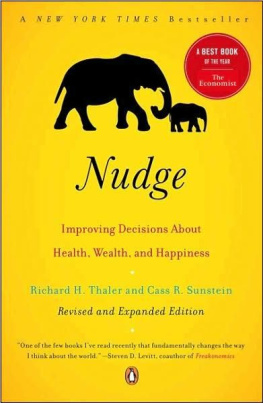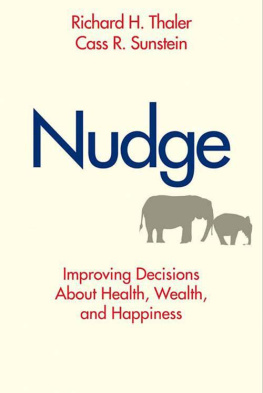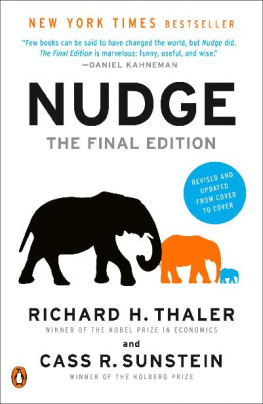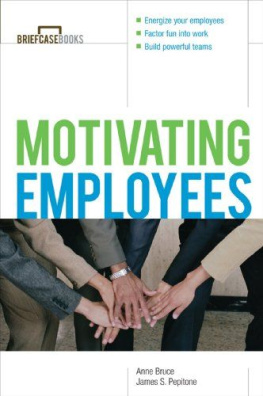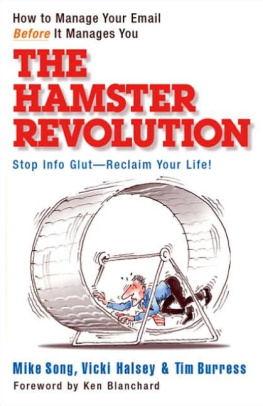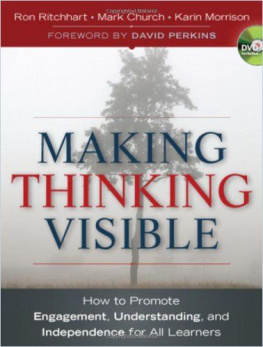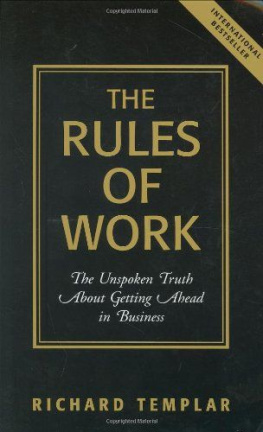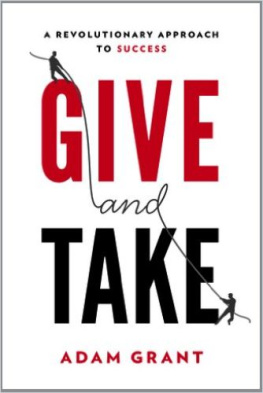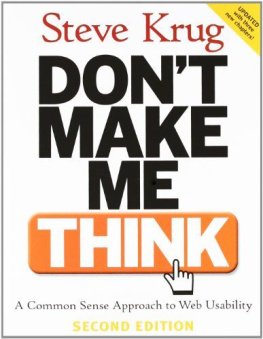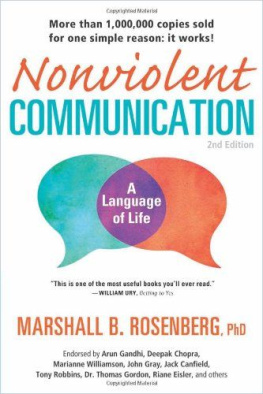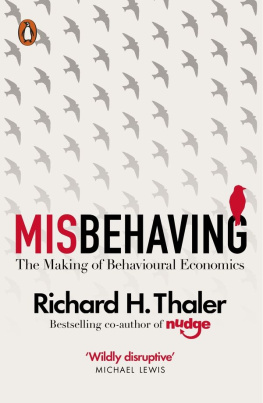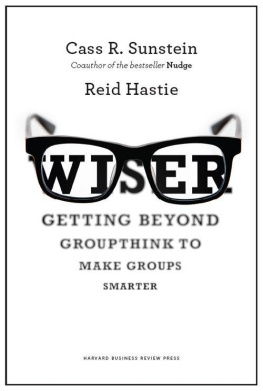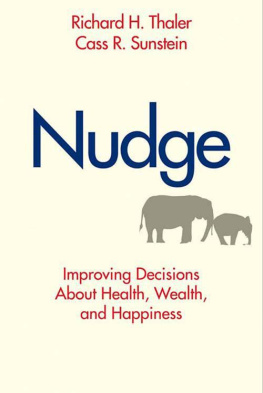In this lovely, useful book, Richard Thaler and Cass Sunstein examine choices, biases and the limits of human reasoning from a variety of perspectives. They often amuse by disclosing how they have fallen victim to the limitations of thought that they are describing. The fact that these educated, articulate professionals can fool themselves so often demonstrates how tough it is to think clearly, a point the authors emphasize and even repeat. Humans fall prey to systematic errors of judgment, but you can harness this problematic tendency productively several ways, including helping others make better decisions. Some of the authors suggestions may not be practical, but many are and all are interesting. getAbstract recommends this book to anyone who wants to know how to shape responsible decisions.
Summary
People and Choices
People make choices all the time. They choose what to wear, what to eat, how to invest their money and what candidates to support. However, while they often choose without coercion, they do not choose without influence. The context in which people make decisions influences them noticeably, and often deliberately.
A nudge...is any aspect of the choice architecture that alters peoples behavior in a predictable way without forbidding options or significantly changing their economic incentives.
Those who organize choices and present them are choice architects, and their choice architecture can affect public and private decisions so markedly that they deserve heightened attention.
The things that influence people are not always rational, and people are not always aware of what is influencing them. Consider the black flies painted in the urinals in Amsterdams Schiphol Airport. Men using urinals often dont aim well and make a mess. However, if you give them a target, even a painted fly, spillage plummets (in this case, by 80%).
Small and apparently insignificant details can have major impacts on peoples behavior.
Every choice presentation is weighted, because the way you offer a choice shapes it. This means that your choice is not between framing choices or not framing them, but between framing them consciously and ethically, or framing them.
To get people to act better, you can make a law and punish them for not following it. Or you can design their choices to nudge them toward better decisions. Theyre still free to do as they want, even to act self-destructively, but youve increased the odds that they will act sensibly instead. This libertarian paternalistic approach tries to care for people by guiding them, rather than regulating them. Being nudged can help, because under some circumstances, even when you know better, you dont always act rationally.
Choice architects can make major improvements to the lives of others by designing user-friendly environments.
This idea contradicts a popular stance expressed as just maximize choices, meaning the more options, the better. Sounds good, but it just isnt true. People have trouble with decisions because the brain has two distinct systems.
The automatic system provides immediate emotional responses. Answers come quickly, easily and often intuitively. You use this system when you know something really well, such as when you speak your native language, or when you act out of habit. On the other hand, the reflective system requires conscious thought, for instance, the extra effort you might expend to learn and speak a foreign language. You can train your reflective system, but it moves more slowly and, at first, using it seems laborious.
Thumbs Up
To reason about things more easily, people apply rules of thumb to common situations. Unfortunately, that brings a cluster of biases into play. One is anchoring, in which a familiar fact influences your later reasoning. People also make decisions based on availability. They judge risk based on how easily they can obtain related information. If youve been through an earthquake, youre more likely to buy earthquake insurance, even if you live in a place where earthquakes are highly unlikely. If you present choices to people who are reasoning based on vivid but nonrepresentative experiences, help them reason better by offering examples in which things worked out well. A third heuristic that leads people astray is representativeness. People judge a situation based on how similar it seems to past situations. People who are guided by representativeness see patterns that arent there (like gamblers who feel they are on a hot streak).
A well-designed system expects its users to err and is as forgiving as possible.
Human beings also tend to be overly optimistic. For instance, 90% of all drivers believe they have above-average skills. People also value gains and losses disproportionately. Once something is yours, you want to keep it. You dont want to sustain a loss. The related status quo bias occurs because people like things to stay the same. To help them make productive choices that feel comfortable, do something as simple as setting their current situation as their default option (for example, when it is time to renew insurance plans), rather than asking them to evaluate all their alternatives anew each time. The downside of this bias is mindless behavior based on inertia. For example, if you start eating and get distracted, say by a TV show, youll probably keep eating on autopilot. To fight such tendencies, set up incentives that involve you emotionally, like a weight loss bet with a friend. Finally, people see things differently based on how an issue is framed. You are more likely to agree to an operation if youre told that 90 out of 100 people who had it are still alive five years later than if youre told that 10 out of 100 people die from it.
Humans are easily nudged by other humans. Why? One reason is that we like to conform.
Social influences also have a strong impact. Youre more likely to do something if you see it done often or if your peers do it. The desire to go along with the social climate is so strong that it can change your perception of reality; you might really see an object differently if your peers insist it looks a certain way. This means that you can guide people to better behavior just by telling them what others are doing. You can also make an action more likely by priming it, that is, asking people how likely they are to do something, such as vote, makes them more likely to do it. People learn to make good decisions when they get many chances to try, when they receive clear feedback and when they can control their impulses.

